The Executive Vice Chairman of the Nigerian Communications Commission, Prof. Umar Danbatta has identified several challenges confronting Internet Service Providers (ISPs) in Nigeria, making 568 licensed companies inactive to date.
According to him, one of the major issues is the anti-competition practices in the industry. This is even as he disclosed that a total of 756 companies had been licensed as ISPs in Nigeria as of March 2022, but only 188 of them are currently active.
Speaking at a Telecoms Sector Sustainability Forum organized by Business Remarks, the NCC boss said other issues confronting the internet providers include inadequate spectrum, high price of bandwidth, high cost of Right of Way, and lack of good corporate governance practice in the companies.
What they are saying
- While noting that efforts are being put in place by the regulator to address the issues, Danbatta said: “As a result of these challenges, deliberate policies and regulations are being looked at in the Commission in ensuring that ISPs and other smaller players in the industry thrive. Some of the measures the Commission has embarked upon to continue to promote fair play and orderly development of the Nigerian communications ecosystem as well as boost competitiveness of the industry include providing the required regulatory frameworks and interventions in terms of policies, guidelines, determinations etc., that will encourage fair play in the telecommunications industry.”
- We are also maintaining and mandating more openness and transparency in the activities of stakeholders within the industry in order to ensure healthy competition practices amongst competing licensees. We are actively engaging in strategic collaborations with stakeholders who have crucial roles to play in the growth and development of the Nigerian economy with an emphasis on the telecommunications sector”, he added.
- Giving her remarks earlier, the convener of the Forum and Managing Editor of Business Remarks, Mrs. Bukola Olanrewaju said: “Over the years, studies have shown that the licence renewal rate of ISPs in Nigeria continues to drop, even as others take up the licence. In view of the critical need for internet connectivity for the digital economy and for mass digitalisation of Nigeria, the role of ISPs is central also for uptake of internet of things (IoT).”
- “Internet Service Providers in the Nigerian telecommunications industry have been struggling to stay afloat due to challenges confronting their market to remain in business, expand operations and post profit every financial year. In line with the above, findings also showed that most of the ISPs who served the enterprise market lost revenue during the pandemic because their services were cancelled or suspended, despite procuring wholesale capacity,” she observed.
The event themed: ‘Examining the Nigerian Internet Service Providers (ISPs): Viability in a Digitized Environment’ was backed by the NCC, Skymax Integrated Network Limited, IPNX, eStream Networks, WTES Projects Limited, MangoNet Integrated Technologies, FibreOne Broadband, Dotmac Technologies, ICSL, and the National Information Technology Development Agency (NITDA).

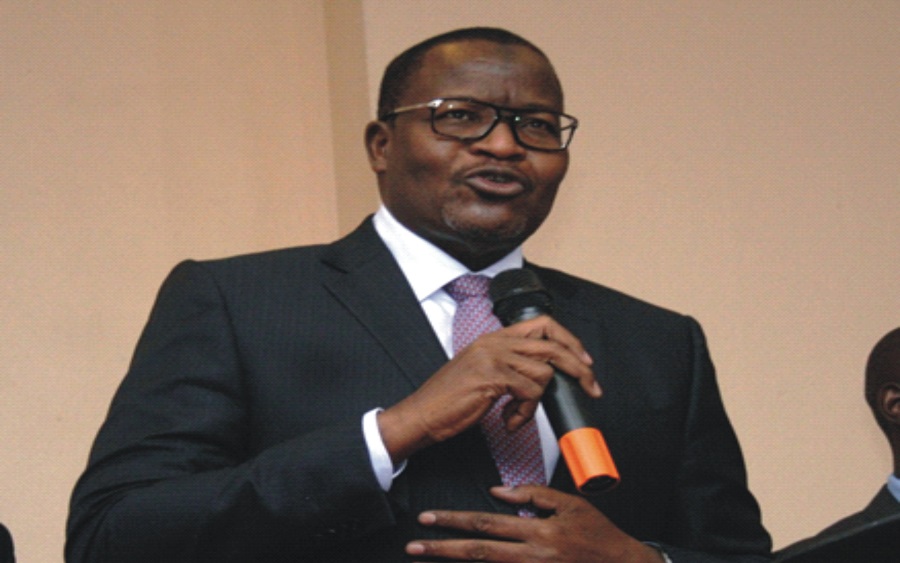






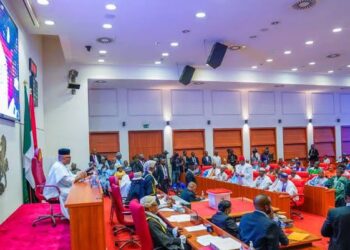
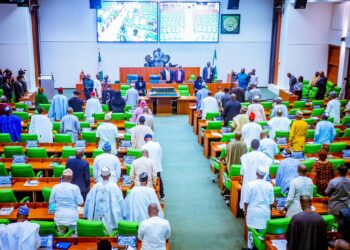
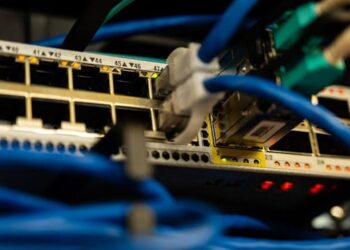
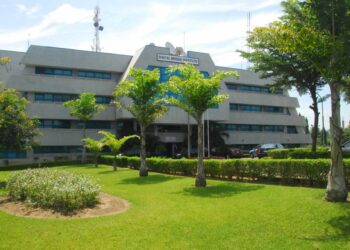











it is a shame a country as large as Nigeria will be at the mercy of MTN Airtel and Glo for wack internet connectivity and we have such a large number of ISP in play… you dont see the teaming nigeria youth debate on this only on useless matters or BBN.
It’s called COMPETITION!
Almost 800 ISPs is way too much for a country like Nigeria, and thus not surprising at the morbidity rate of these ISPs.
Rentolog electric water technology had been analyzed and found worthy for consumer taste. We give thanks to God who made this innovation possible.
HOW DO IT WORK?
When water is supplied to the tank, the water flows into a region, the region is blocked by an arc as in your conventional dam, the pressure of the water will increase, the arc opens and the pressure reduces. According to Bernoulli principle, the lower the pressure increases the speed of the fluid(water) and higher the pressure, the speed (velocity) reduces. The water speed is maintained by Pascal principle, which states the fluid at a point or region is evenly distributed . The flow to a region of empty space , gravity and magnetic field of the magnet pull it towards the turbine as in the mountain fall But for an effective precision the entrance to the turbine region will be small just like in the spark plug in Internal combustion engine. The reason is for the water to concentrate in the blade of the turbine for turning purposes . As the water turns the turbine , Faraday law of magnetic field will occur, the turning of the turbine blade will convert the circular motion to reciprocating motion. A small electric current will be supplied to the coil and the rotor which strengthens the electricity and supplies it to the battery, and your home. The water will flow back to the tank passing through the non return valve to continue the thermodynamic flow equation. This process conserves energy and requires minimum electricity to operate and also it is efficient. The body of the RET system is made of an insulator to prevent escape of electricity .
click: rentologtechnologyltd.simdif.com
JESUS LOVES YOU NO MATTER YOUR CIRCUMSTANCE
NCC has a very crucial role to play in other for ISPs to thrive in Nigeria. Bringing in stakeholders/expect to a round table shearing ideas and the sky will the starting point.